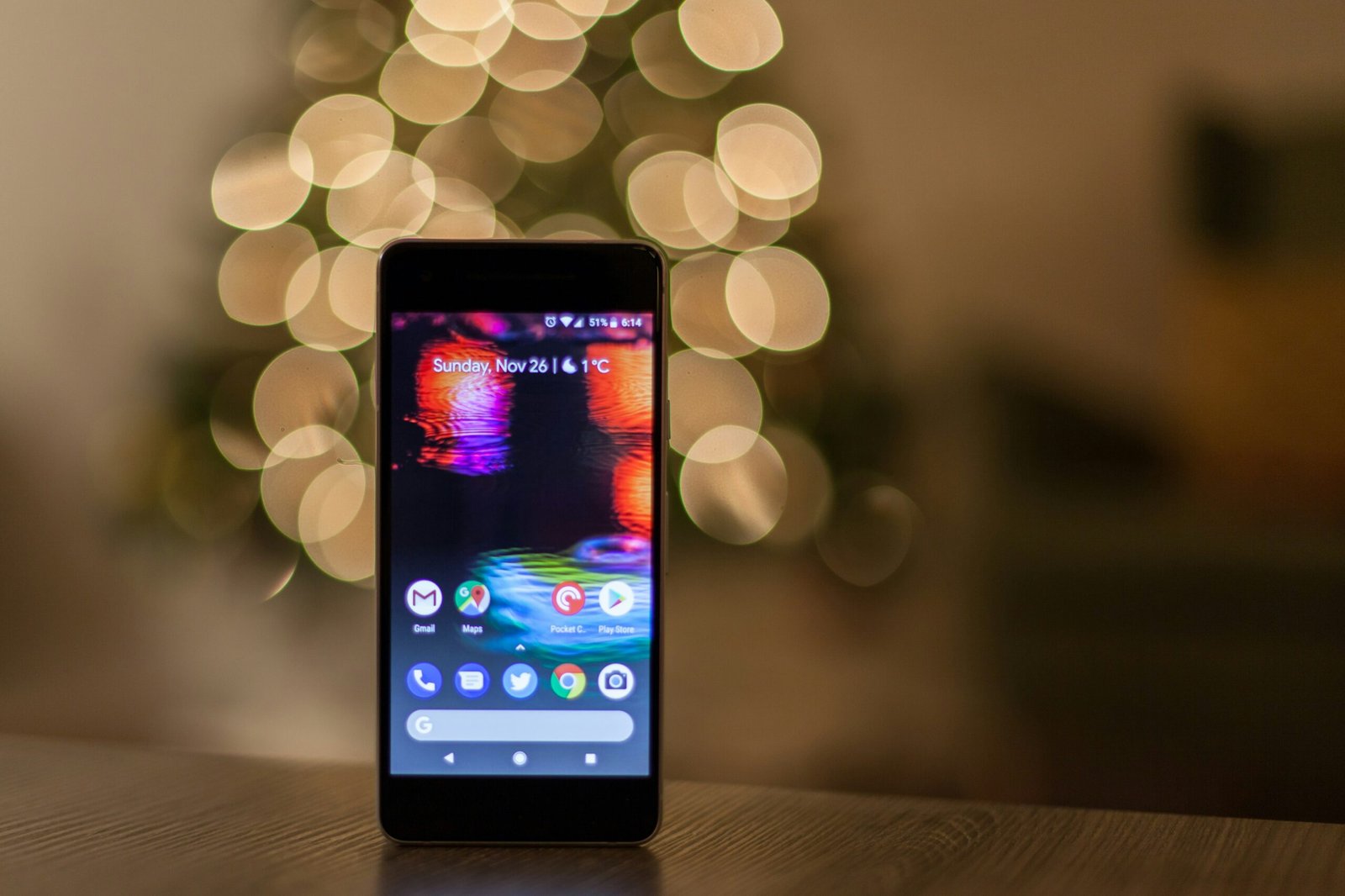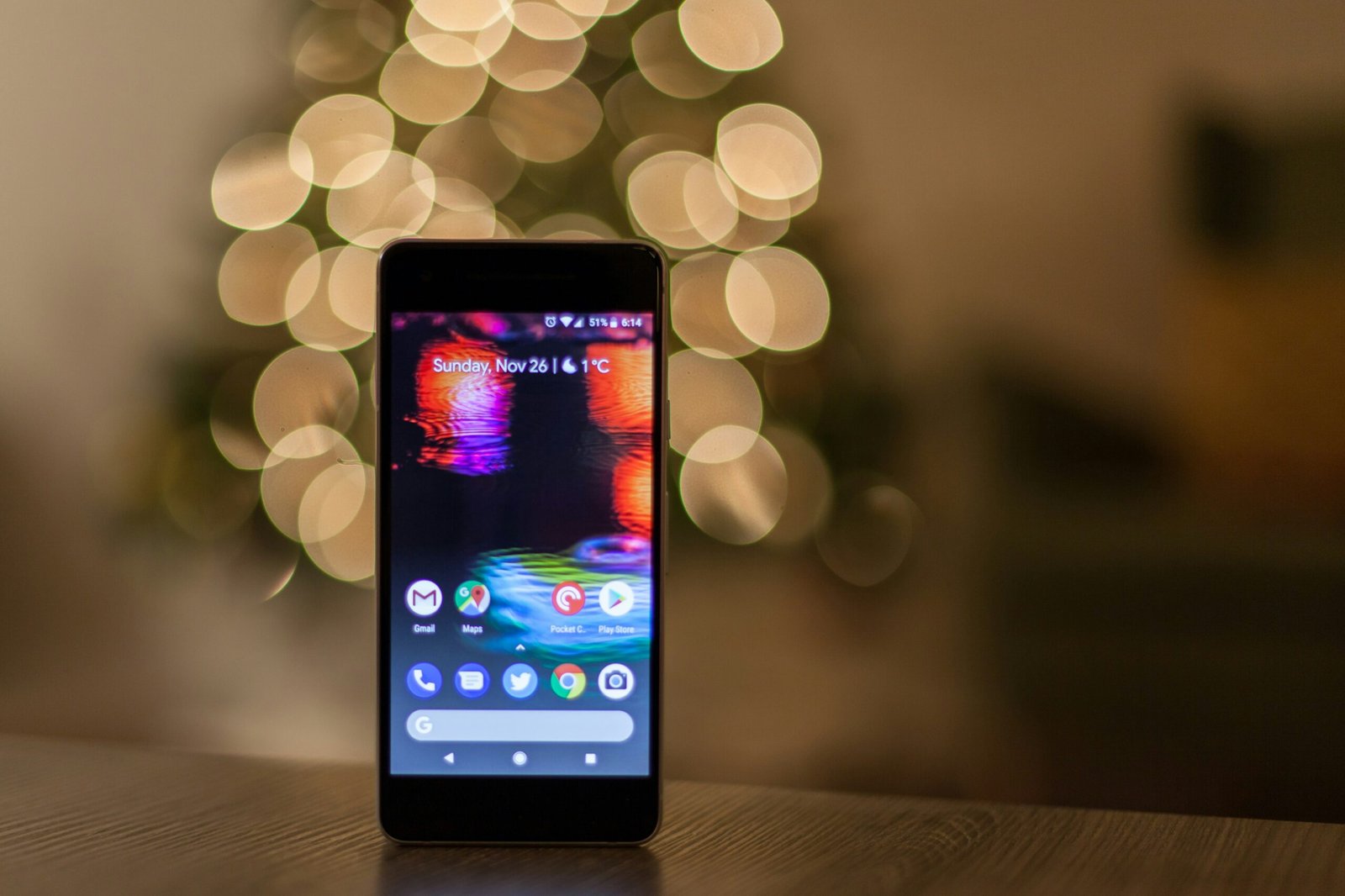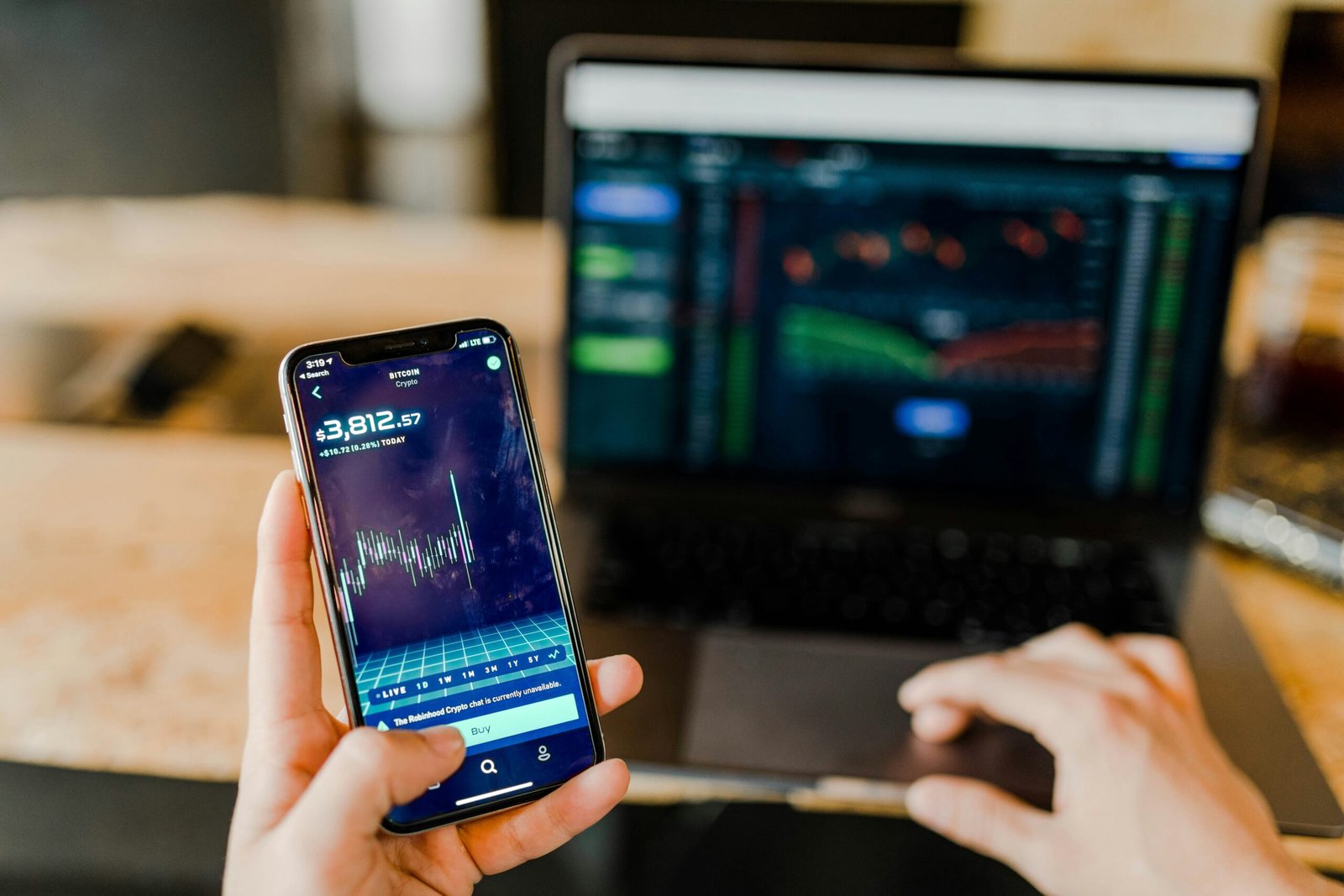Start your financial journey with zero cost. We break down the best free budgeting apps of 2026, simple frameworks like the 50/30/20 rule, and a step-by-step guide to mastering your money without a math degree.
If the word “budget” makes you want to hide under the covers, you are not alone.
For decades, budgeting was synonymous with deprivation. It meant spreadsheets, saying “no” to latte runs, and feeling guilty about every dollar spent. But in 2026, the game has changed. Budgeting is no longer about restriction; it is about permission. It is about knowing exactly how much you can spend guilt-free.
The best part? You don’t need to pay for expensive software to get world-class financial clarity. While premium apps like YNAB and Monarch Money get the headlines, a robust ecosystem of free tools exists that is perfect for beginners.
This is your master guide to taking control of your financial life using tools that cost $0.
The “Why”: Fixing Your Money Mindset
Before we download a single app, we need to debug your brain. Most beginners fail because they treat a budget like a diet. They cut everything to zero, miserable for two weeks, and then binge-spend.
The 2026 Approach:
Think of your budget as a GPS.
- If you make a wrong turn (overspend on dinner), the GPS doesn’t scream at you. It simply says, “Recalculating.”
- It shows you the fastest route to your destination (debt freedom, a house, a vacation).
Your goal isn’t to be perfect. Your goal is to be aware.
Step 1: The “3-Month Lookback” (The Pre-Game)
You cannot manage what you do not measure. Before you set future goals, you must understand your past habits.
The Exercise:
- Log in to your primary bank account and credit card portal.
- Download the statements for the last 3 months.
- Categorize every expense into three buckets:
- Fixed Needs: Rent, Car Payment, Insurance, Utilities.
- Variable Needs: Groceries, Gas.
- Wants: Dining out, Streaming, Hobbies, Amazon.
Pro Tip: Do not judge yourself during this process. If you spent $400 on tacos last month, that is just a data point. Write it down.
Step 2: Choose Your Weapon (The Best Free Apps)
In 2026, you have three distinct paths for free budgeting. Choose the one that fits your personality.
Table 1: The Beginner’s Free App Matrix
| If you are… | The App to Download | Why it Works |
| The “Big Picture” Thinker | Empower (formerly Personal Capital) | You don’t want to track every coffee. You want to see your Net Worth and investments grow. |
| The “Cash Envelope” Fan | Goodbudget | You want strict discipline. You fill digital “envelopes” (Groceries: $300) and stop when they are empty. |
| The “Subscription” Hunter | Rocket Money (Free Version) | You want to find waste instantly. Excellent for seeing recurring bills and cash flow. |
| The “Control Freak” | Google Sheets (Aspire Budget) | You want total manual control and zero ads. |
Why We Skip “Mint”
As many veterans know, Mint shut down in 2024. While Credit Karma took over its user base, it lost most of the budgeting features beginners need. We recommend skipping it in favor of Rocket Money or Empower.
Step 3: Pick Your Framework
Now that you have the tool, you need the rules. An app is just a calculator; the framework is the strategy.
Level 1: The 50/30/20 Rule (Easiest)
Popularized by Senator Elizabeth Warren, this is the gold standard for beginners because it is flexible.
- 50% Needs: Rent, groceries, utilities, minimum debt payments.
- 30% Wants: Netflix, dining out, new clothes.
- 20% Savings: Emergency fund, extra debt payments, retirement.
The 2026 Reality Check:
In high-cost-of-living cities, “50% Needs” might be impossible. If your rent eats 50% of your income alone, try the 70/20/10 Adjustment:
- 70% Needs (Survival)
- 20% Savings (Future You)
- 10% Wants (Sanity)
Level 2: Zero-Based Budgeting (Most Effective)
This method assigns every single dollar a job before the month begins.
- Income: $3,000
- Expenses + Savings: $3,000
- Leftover: $0
If you have $50 left over, you don’t leave it in checking. You assign it to “Debt” or “Vacation Fund.” This prevents “lifestyle creep.”
Step 4: The Setup Walkthrough (Using Rocket Money as Example)
Let’s walk through setting up a free budget using Rocket Money (the process is similar for most apps).
1. Link Your Accounts
Don’t be afraid of the security. These apps use Plaid or MX (bank-level encryption) to read your data. They cannot move your money. Link everything: Checking, Savings, and Credit Cards.
2. The “Recurring” Audit
The app will scan your bills.
- Action: Look at the list. Do you see a $14.99 charge for a streaming service you haven’t watched in 6 months? Cancel it immediately. This is your first “Budget Win.”
3. Set Category Limits
Based on your “3-Month Lookback” (Step 1), set realistic limits.
- Mistake: You usually spend $600 on food, so you set the budget to $300.
- Result: You fail by Day 15 and quit.
- Correction: Set the budget to $550. Try to save $50 this month. Small wins build momentum.
Step 5: Handling the “Lumpy” Expenses
The #1 reason beginners quit budgeting is the “Surprise Bill.”
- Scenario: You budget perfectly for March. Then, your 6-month car insurance premium ($800) hits. Your budget explodes. You give up.
The Solution: Sinking Funds
You must treat annual bills like monthly bills.
- Car Insurance: $800 / 6 months = $133/month.
- Christmas: $600 / 12 months = $50/month.
How to do this for free:
Open a high-yield savings account (separate from your checking). Set up an automatic transfer of $183 ($133 + $50) every month. When the bill comes, the money is there.
Table 2: Common Sinking Funds to Create
| Expense | Estimated Cost | Monthly Savings Needed |
| Car Maintenance | $600/yr | $50 |
| Holiday Gifts | $500/yr | $42 |
| Medical Deductible | $1,000/yr | $83 |
| Vet Bills | $300/yr | $25 |
Step 6: The “Budget Hangover” (What to Expect)
The first month of budgeting sucks. Period.
You will forget to log a transaction. You will overspend on a birthday gift. You will realize you spend way more on coffee than you thought.
The 3-Month Rule:
It takes 90 days to calibrate a budget.
- Month 1: A disaster. You are just guessing numbers.
- Month 2: Better. You adjust the numbers that were wrong in Month 1.
- Month 3: Smooth sailing. You can now predict your spending within $50.
Expert Advice: “A budget is a living document. It is not set in stone. If you overspend on Groceries by $50, just move $50 from the Entertainment category to cover it. That isn’t cheating; that’s management.”
Advanced Free Tools for Your Stack
Once you have the budgeting habit down, add these free tools to your arsenal to build wealth.
1. Credit Karma (Credit Monitoring)
- Why: To track your credit score for free. A better score lowers your insurance rates and mortgage interest.
- Warning: Ignore the credit card offers. They are ads.
2. Fidelity or Charles Schwab (Investing)
- Why: Both offer $0 minimum index funds. Once you have saved $50 in your budget, move it here into a broad market index fund (like the S&P 500).
FAQ: Beginner Budgeting
Q: Should I use cash or card?
A: If you have a spending problem, use Cash. Studies show the “pain of paying” with cash reduces spending by 15-20%. If you are disciplined, use a card for the points and security, but track it daily.
Q: How do I budget with irregular income (Freelance/Gig work)?
A: Budget based on your lowest expected month.
If you earn between $3,000 and $5,000, build your budget on $3,000.
- In a $3,000 month: You cover expenses.
- In a $5,000 month: You cover expenses + put $2,000 into savings.
Q: Can I really do this for free forever?
A: Yes. While paid apps like YNAB ($109/yr) offer luxury features like automatic import cleanup and goal tracking, millions of people build wealth using just Goodbudget (Free) or a simple spreadsheet. The tool matters less than the behavior.
Conclusion: Start Today, Imperfectly
The perfect budget doesn’t exist. The only “wrong” budget is the one you don’t start.
Download Rocket Money or Goodbudget right now. Connect one account. Look at one category. You have just taken the first step toward mastering your money.
Your future self—the one who is debt-free and sleeping soundly—is waiting for you to start.
Recommended Resources
- Consumer Financial Protection Bureau (CFPB) – Budgeting Tools
- Investopedia: The 50/30/20 Rule Explained
- Reddit r/PersonalFinance Wiki – The best crowdsourced financial flowchart on the internet.
Disclaimer: We are an independent publisher. We may earn a commission if you click links to the software mentioned, but our reviews are unbiased and based on rigorous testing.




